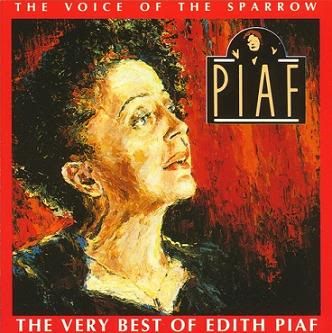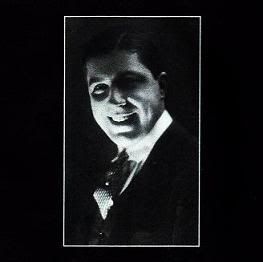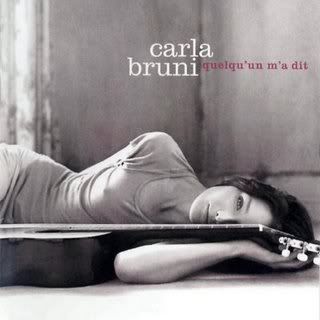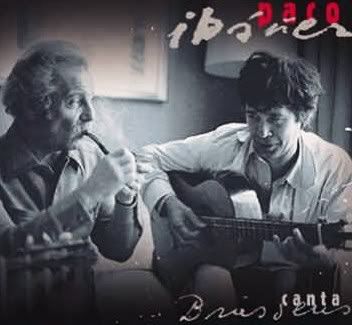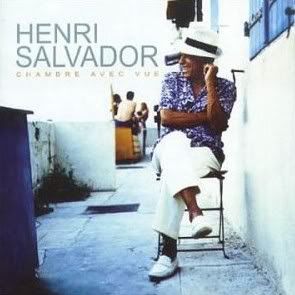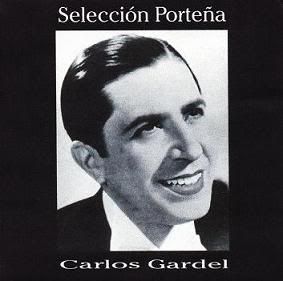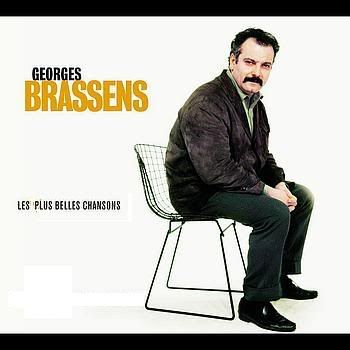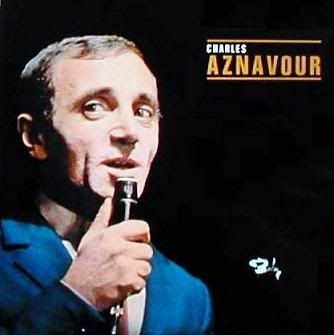- Jacques Brel
Jacques Romain Georges Brel (8 April 1929 – 9 October 1978) was a Belgian singer-songwriter. Brel composed and recorded his songs almost exclusively in French, although he recorded a number of songs in Flemish. Brel's songs are not especially well known in the English-speaking world except in translation and through the interpretations of other singers, most famously Scott Walker and Judy Collins. Others who have sung his work in English include Marc Almond, Momus/Nick Currie, Beirut, David Bowie, Ray Charles, The Dresden Dolls, Gavin Friday, Alex Harvey, Terry Jacks, Alan Clayson, Barb Jungr, The Kingston Trio, Jack Lukeman, Amanda McBroom, Rod McKuen, Spencer Moody, Camille O'Sullivan, Dax Riggs, Nina Simone, Frank Sinatra, Dusty Springfield and Dave Van Ronk. In French-speaking countries, Brel is also remembered as an actor and director. Jacques Brel has sold over 25 million records worldwide, including over 12 million albums and singles in France and Belgium. Brel was born in Schaarbeek, Belgium, a district of Brussels, but lived half of his life in Paris. He died in Bobigny in the suburbs of Paris, of lung cancer, and is buried in the Marquesas Islands. Although his family did speak French, they were of Flemish descent, with some of the family originating from Zandvoorde, near Ypres. Brel's father was co-owner of a cardboard factory and Brel started his working life there, apparently destined to follow his father's footsteps. However, he had no interest in it and showed an interest in culture instead, joining the Catholic-humanist youth organisation Franche Cordée, where he sang and acted. At Franche Cordée he met Thérèse Michielsen ('Miche'). They married in 1950. In the early 1950s Brel achieved minor success in Belgium singing his own songs. A 78rpm record (La foire/Il y a) was released as a result. From 1954 Brel pursued an international singing career. He quit his job and moved to Paris, where he stayed at the Hotel Stevens and gave guitar lessons to artist-dancer Francesco Frediani to pay his rent. Jean Villard Gilles recognized his talent and hired him immediately for his cabaret "Chez Gilles". (Later, Gilles' successful song / poem La Venoge inspired Brel to write Le Plat Pays.) Frediani witnessed his first show at the Olympia as an "ouverture de rideau" act (i.e., while the public was entering and being seated). Brel had to change behind the bar. Bruno Coquatrix, the owner, invited him to come back. He carried on writing music and singing in the city's cabarets and music-halls, where on stage he delivered his songs with great energy. In January 1955 he supported in the Ancienne Belgique in Brussels the performances of the Belgian pop and variety pioneer Bobbejaan Schoepen. After some success his wife and daughters joined him from Belgium. By 1956 he was touring Europe and he recorded the song Quand on n'a que l'amour that brought him his first major recognition. He appeared in a show with Maurice Chevalier and Michel Legrand. By the end of the 1950s Miche and Brel's three daughters had returned to Brussels. From then on, he and his family led separate lives. Under the influence of his friend Georges Pasquier ('Jojo') and pianists Gérard Jouannest and Francois Rauber, Brel's style changed. He was no longer a Catholic-humanist troubadour, but sang grimmer songs about love, death, and the struggle that is life. The music became more complex and his themes more diverse, exploring love (Je t'aime, Litanies pour un Retour), society (Les Singes, Les Bourgeois, Jaurès), and spiritual concerns (Le Bon Dieu, Dites, Si c'était Vrai, Fernand). His work was not limited to one style. He was as proficient in funny compositions (Le Lion, Comment Tuer l'Amant de sa Femme...) as in more emotional ones (Voir un Ami Pleurer, Fils de..., Jojo). But he occasionally included parts in Dutch as in "'Marieke", and also recorded Dutch versions of a few songs such as Le Plat Pays (Mijn vlakke land), Ne me quitte pas (Laat Me Niet Alleen), Rosa, Les Bourgeois (De Burgerij) and Les paumés du petit matin (De Nuttelozen van de Nacht). A rather obscure single was uncovered only a few years ago having Brel singing in Dutch De apen (Les singes) and Men vergeet niets (On n'oublie rien). These two were included in the 16 CD box Boîte à Bonbons. Since his own command of Dutch was poor, most of his later Dutch interpretations were translated by Ernst van Altena, but De Apen by Eric Franssen, Men vergeet niets by well known Flemish artist Will Ferdy and Marieke was translated by Brel himself. He starred in the musical L'Homme de la Mancha (Man of La Mancha) which he also translated into French and directed. As an actor he gained fame playing opposite Lino Ventura in L'Emmerdeur and L'aventure, c'est l'aventure. In 1969 he took the lead role opposite Claude Jade in Mon oncle Benjamin. Le Far West, a comedy which he directed, co-wrote and appeared in, competed for the Palme d'Or at the Cannes Film Festival in 1973. In 1973 he embarked in a yacht, planning to sail around the world. When he reached the Canary Islands, Brel, a heavy smoker, was diagnosed with lung cancer. He returned to Paris for treatment and later continued his ocean voyage. He was also a keen pilot and owned several small planes, including the eponymous 'Jojo'. In 1975 he reached the Marquesas Islands, and decided to stay, remaining there until 1977 when he returned to Paris and recorded his well-received final album. He died in 1978 at age 49 and was buried in Calvary Cemetery in Atuona, Hiva Oa, Marquesas Islands, French Polynesia, only a few yards away from painter Paul Gauguin.
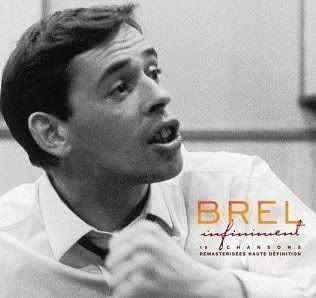
http://www.mediafire.com/?hty5zmmh1mz
01- Jaurès
02- Ne Me Quitte Pas
03- Les Vieux
04- La Quête
05- On N'Oblie Rien
06- Le Plat Pays
07- Mathilde
08- Les Remparts de Varsovie
09- Amsterdam
10- J'Arrive
11- Ces Gens-Lá
12- Jef
13- Vesoul
14- Au Suivant
15- Madeleine
16- Les Bourgeois

